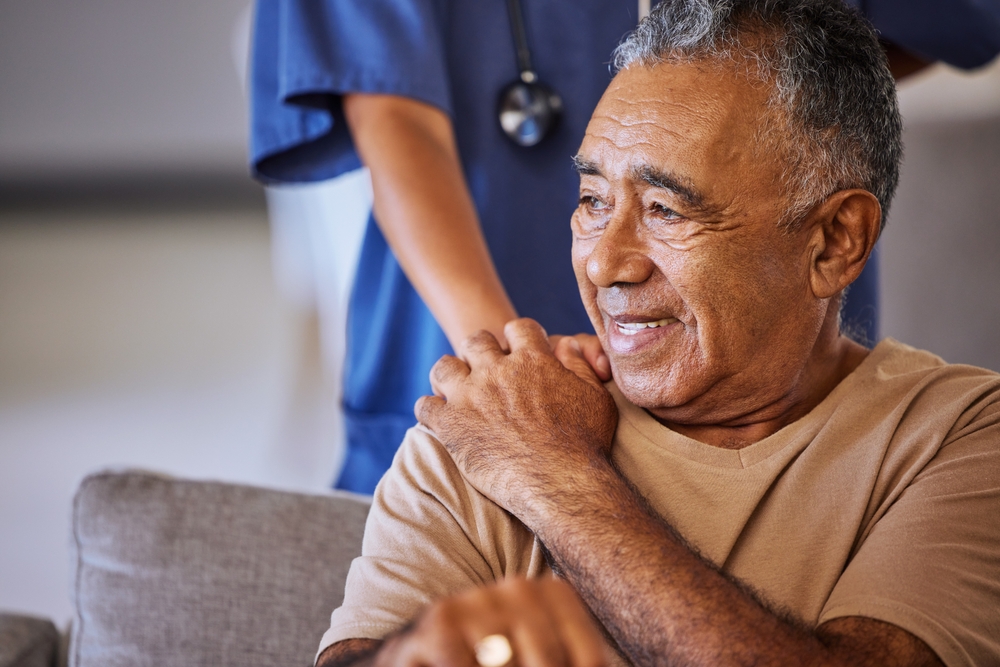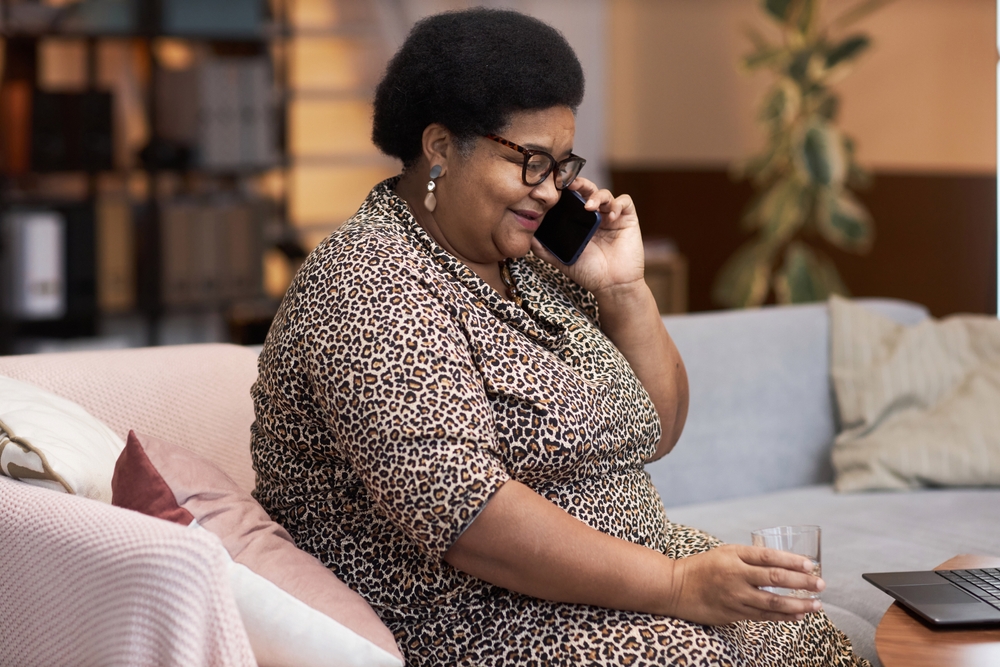How to Get the Elderly Admitted to the Hospital
Category:

If one of the seniors in your life needs emergency medical attention, you don’t want to be caught off guard. Being unprepared for an unplanned hospital visit can leave you scrambling during an already stressful situation. In this post, we’ll break down how to get the elderly admitted to the hospital and offer tips to help you develop a plan of attack before an unexpected hospital visit.
1. Have an Updated List of Known Medical Conditions and Medications
Caregivers for the elderly should always have an up to date list of known medical conditions and any medications their seniors are taking regularly. Having this information readily available makes it easier for medical professionals to prescribe the right treatments and medications, and avoid any negative interactions.
If possible, consider bringing pill bottles with you to the hospital so emergency doctors and nurses know exactly what your senior is taking.
2. Have Copies of Important Documents on Hand
Your senior will need copies of their ID, health insurance information, and any recent test results or medical records that could provide insight to their emergency medical team.
Having an advance healthcare directive that names you or a trusted relative as an appointed decision maker, will empower you to make critical medical decisions as they arise.
3. Contact Your Senior’s Primary Care Physician
Emergency doctors are often forced to make decisions without having a full picture of their patient’s existing medical problems. Every patient’s medical history is unique, and the best way to ensure your loved one’s emergency medical team has all of the information they need to make an informed decision is to connect them with your loved one’s primary care physician.
This will also come in handy later when it’s time to coordinate your senior’s care when it’s time to leave the hospital.
4. Ask to Stay With Your Senior
Seniors should have at least one family member or caregiver with them while staying in hospital. This is especially important if your loved one struggles with dementia or confusion, as they may become agitated and harm themselves or others.
Having a caregiver present ensures that all important medical information is being properly conveyed to and from your senior’s medical team. Having a caregiver or trusted loved one not only provides emotional support, but also guarantees that your senior has an advocate to ensure basic needs are being met.
5. Prepare for Discharge and Aftercare
Elderly patients have a higher than average risk of becoming sick or reinjuring themselves after discharge from the hospital. Communicate regularly with hospital staff about your loved one’s prognosis and take detailed notes for any other caregivers or medical professionals who will assist with aftercare.
Repeat critical information back to emergency nurses and doctors to ensure that you properly understand their instructions.
Plan a visit with their primary care physician to make sure all of this information is shared properly. If your senior lives in an assisted living facility, meet with nursing staff to make sure their updated care requirements have been properly conveyed.
If your loved one needs home care services after a hospital visit, contact our caregiving team today at 1-800-GRISWOLD or find a Caregiver near you.
Subscribe
Date: 2024-08-29
Category:


